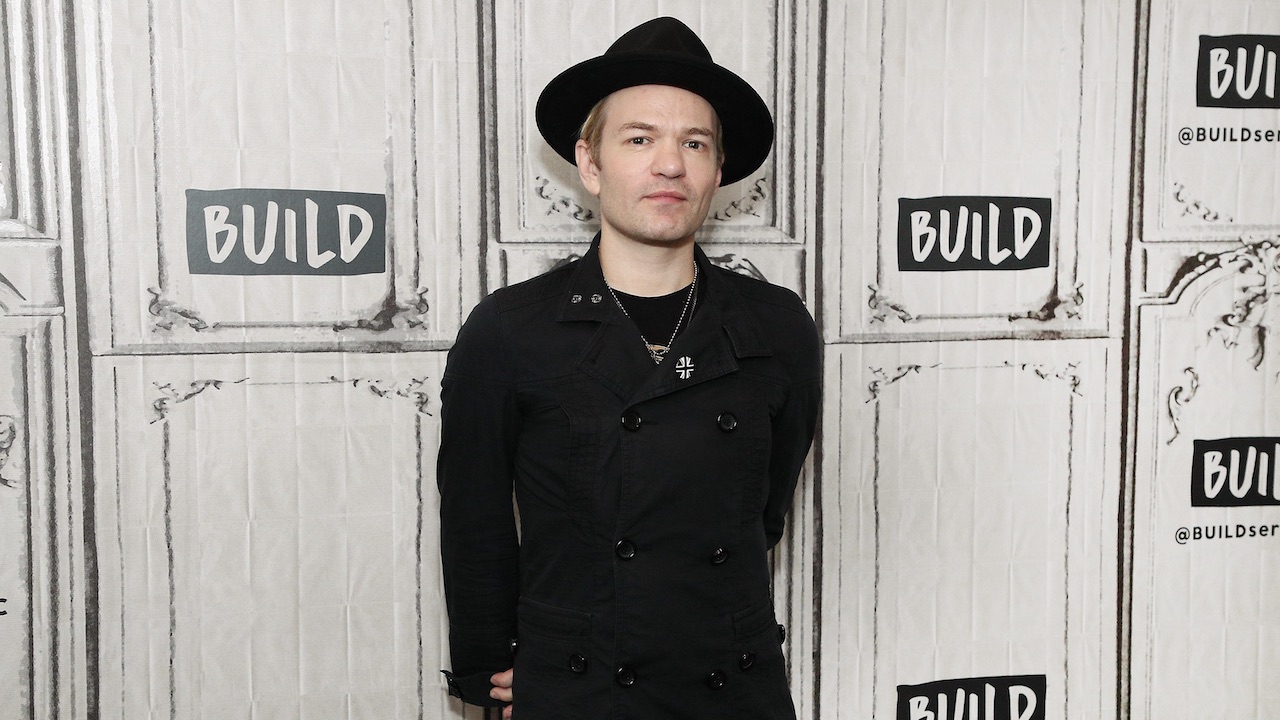
Sum 41 frontman Deryck Whibley publishes his autobiography Walking Disaster: My Life Through Heaven and Hell today (October 8), and the book includes accusations that he was groomed and sexually abused by his band's first manager.
The Canadian pop-punk band began working with Nori, who fronts Ontario punk quartet Treble Charger, in the mid-'90s when Whibley was 16 ,and Nori was 34. The older man became Nori became Whibley’s songwriting mentor, and later, Sum 41’s producer and manager. Four songs on Half Hour of Power, Sum 41's debut EP, are credited as Whibley/Nori co-writes. On the band's debut album, All Killer No Filler, Nori is credited with backing vocals on three songs, including In Too Deep, and with additional guitar on two additional songs.
According to a report in The LA Times, when Whibley was 18, and at a rave, Nori invited him into the venue toilets to take ecstasy, and “passionately” kissed him when they were together in a cubicle. In his memoir, Whibley claims that Nori told him that he’d never been sexually attracted to another man, but that “[Whibley] brought it out in him because what [they] had was so special.”
Whibley tells the newspaper that he didn't tell anyone about his relationship with Nori, who pressured him into engaging in sexual acts. Although Sum 41's frontman does not identify as bisexual, Whibley writes that Nori encouraged sexual contact with him, telling him that what they were doing was worth exploring because “so many of my rock star idols were queer... Most people are bisexual; they’re just too afraid to admit it.” Whibley says that when he attempted to end the physical side of their friendship, Nori accused him of being homophobic and suggested that Whibley “owed” him for the help that the older man was giving Sum 41.
Sum 41 fired Nori as their manager in 2005.
“He became kind of a bad guy to all of us,” Whibley tells Rolling Stone. “We all collectively never spoke about him.”
Talking to Rolling Stone, Whibley says that he's still processing the idea that he was abused, and it was only when he began dating Avril Lavigne that he was able to open up about what he'd been through.
“I’m dealing with it for the first time and I don’t know what I think about it,” he admits. “I can’t deny that it was very manipulative, but I didn’t really realize what a lot of this was. It didn’t dawn on me until I hit the age he was, in his mid-30s, when I was a teenager. He was a hero so to see that power dynamic, you see how you can manipulate a 16-year-old kid.”
Nori has offered no comment to The LA Times or Rolling Stone.







